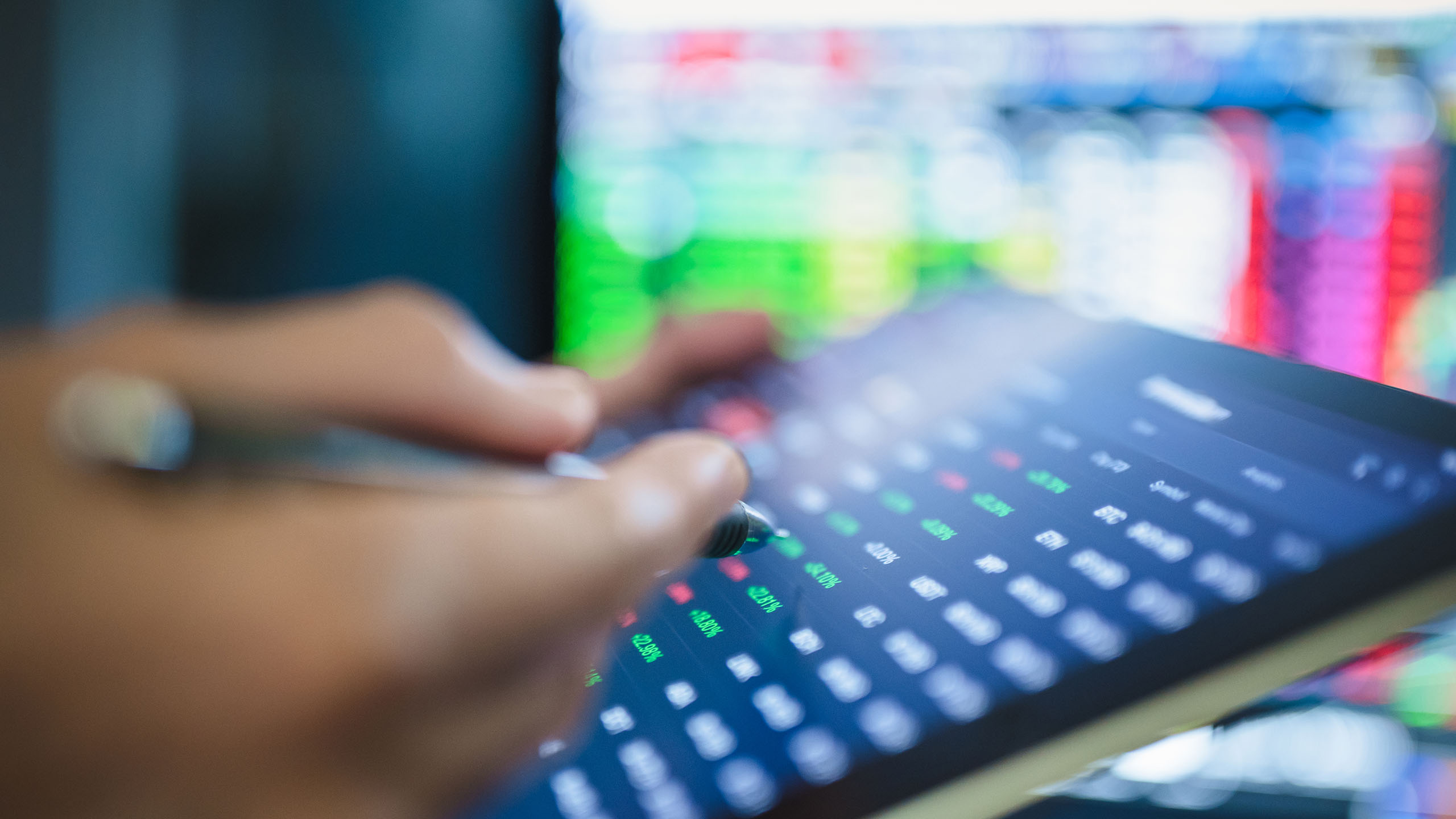
21 March 2025
Financial markets stumble from time to time, and occasionally they fall. When they do, “volatility” becomes the industry buzzword. Volatility refers to how much and how often asset prices change. For instance, if an investment’s price regularly moves 1-2% each day, it’s considered more volatile than an asset that moves just 0.5% daily. Riskier assets are naturally more volatile. The upside is that higher risk usually brings higher long-term returns. This is a key principle in finance: investors are paid to take risks. If this weren’t true, everyone would simply invest in the asset with the highest expected return.
This is why it’s important to diversify a portfolio across different asset classes. In a well-constructed portfolio, different assets react differently to economic events, which can reduce overall volatility. Nobel Laureate Harry Markowitz famously said, “diversification is the only free lunch in investing.”
The first quarter of 2025 has seen some major changes in the global landscape. For example, DeepSeek’s breakthrough artificial intelligence (AI) model, announced in February 2025, is challenging the established dominance of the US and drawing everyone’s attention to the potential for mass AI adoption. Many now see AI as the key to unlocking opportunities across markets and sectors.
In addition, we’re seeing global tariffs shaking up trade and raising inflation concerns, and international relations and policies are becoming less predictable. However, the backdrop is an environment where the global economy is in good health, and interest rates are falling in most developed markets. In any volatile environment, we think diversification remains really important.
In a perfect world, investors would sell just before market volatility hits and buy back when prices drop. But timing the market that perfectly is nearly impossible, even for seasoned investors. Making a habit of selling assets every time there’s a market event or economic report would be both risky and costly. Over time, staying out of the market too much can hurt your portfolio, as markets tend to rise more often than they fall.
What can investors learn from this example, and similar events in the past? First, as an investor, you are paid to take risks. Don’t fear volatility; it’s the reason that assets provide higher returns over time. Sometimes even less risky markets experience volatility, as we saw in August. The key question to ask is whether the market volatility changes your fundamental view of the asset. In most cases, the answer will be no.
Unless something fundamentally changes the value of the asset, it’s usually best to ride out the volatility. Panicked markets often overreact. If you sell during the panic, you may not be able to buy back at a lower price, and you risk missing out when the market recovers. Finally, always have a diversified portfolio. Diversification works because it reduces risk while allowing for long-term returns above cash. This brings us back to the basic point: investors are rewarded for taking risks.





We’re not trying to sell you any products or services, we’re just sharing information. This information isn’t tailored for you. It’s important you consider a range of factors when making investment decisions, and if you need help, speak to a financial adviser.
As with all investments, historical data shouldn’t be taken as an indication of future performance. We can’t be held responsible for any financial decisions you make because of this information. Investing comes with risks, and there’s a chance you might not get back as much as you put in.
This document provides you with information about markets or economic events. We use publicly available information, which we believe is reliable but we haven’t verified the information so we can’t guarantee its accuracy.
This document belongs to HSBC. You shouldn’t copy, store or share any information in it unless you have written permission from us.
We’ll never share this document in a country where it’s illegal. This document is prepared by, or on behalf of, HSBC UK Bank Plc, which is owned by HSBC Holdings plc. HSBC’s corporate address is 1 Centenary Square, Birmingham BI IHQ United Kingdom. HSBC UK is governed by the laws of England and Wales. We’re authorised by the Prudential Regulation Authority (PRA) and regulated by the Financial Conduct Authority (FCA) and the PRA. Our firm reference number is 765112 and our company registration number is 9928412.